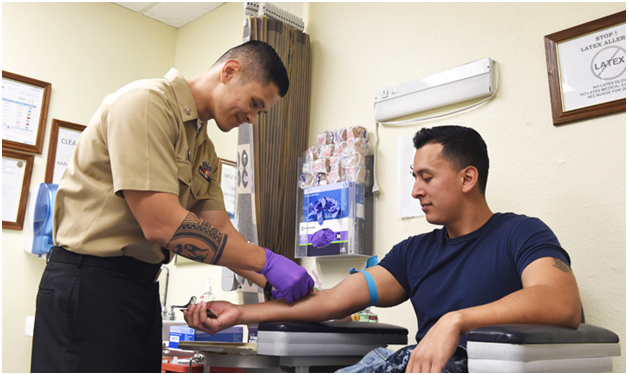MG Is the New STI to Know About
Mycoplasma genitalium (MG) is a sexually transmitted bacterial infection that experts believe could become the next superbug. Proving to be increasingly resistant to widely used antibiotics, MG can cause a range of issues. If MG becomes completely resistant to all antibiotics, it is estimated that 3,000 women in the UK could become infertile every year.

What Is MG?
The smallest known self-replicating bacteria, MG commonly infects cells lining the urinary and genital tracts, but it has also been identified in cells in the lungs and the rectum. Laboratory tests have found that it can take several weeks or months for the bacteria to grow, but it is not currently known how long it takes for the infection to take hold in a person after exposure.
You can find more information about MG on the NHS website.
Transmission and Risk Factors
MG is transmitted through genital-to-rectum or genital-to-genital contact, predominantly through unprotected sex. Although it can also be transmitted through oral sex, this is less likely.
MG is more common in smokers, people with a larger number of sexual partners and people of non-white ethnicity. MG rates are higher in young people and older men, with around 1-2% of the general population thought to be affected.

MG is often present alongside other infections, so if you are concerned or would like to seek further information, speak to your sexual healthcare professional. If you are looking for STI testing Bexley has many specialised clinics, but https://www.checkurself.org.uk/plus/ will also put your mind at ease and ensure you have access the most appropriate and effective course of treatment.
The Symptoms of MG
As many people have no discernible symptoms, MG is often undetected. If you do experience any of the following symptoms, however, seeking further advice is recommended.
Women might experience:
Pelvic pain
Vaginal discourse
Bleeding between periods
Bleeding after intercourse
Men might experience:
Penile irritation and/or pain
Pain while urinating
Discharge from the urethra
Diagnosis and Treatment
In men, MG is diagnosed through a urine test. In women, swabs from the vulva, vagina and cervix will be taken to test for the bacteria. Treatment will likely be through one of three British Association of Sexual Health and HIV recommended antibiotics, and you will be advised to avoid sexual intercourse until you are given the all clear.


